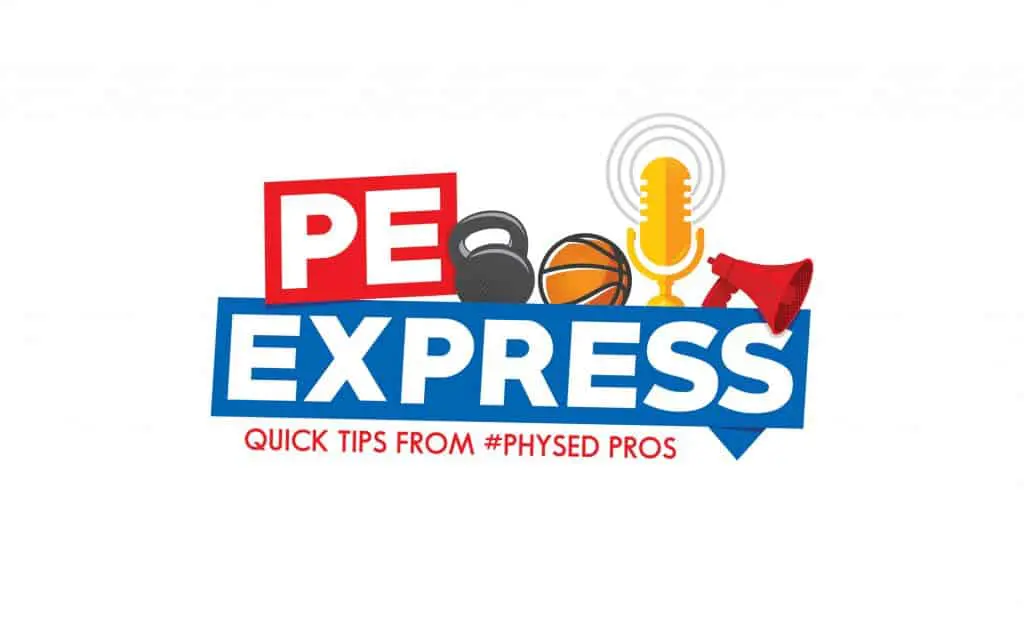
5 Tips for Instant Activity Success!
0.75x 1x 1.25x 1.5x 2x 0:00… 5 Tips for Instant Activity Success! Subscribe on Apple PodcastsGoogle PodcastsPlayer EmbedShare Leave a ReviewListen in a New WindowDownloadSoundCloudStitcherSubscribe

0.75x 1x 1.25x 1.5x 2x 0:00… 5 Tips for Instant Activity Success! Subscribe on Apple PodcastsGoogle PodcastsPlayer EmbedShare Leave a ReviewListen in a New WindowDownloadSoundCloudStitcherSubscribe

0.75x 1x 1.25x 1.5x 2x 0:00… 100 Days of School: A Theme for a School-Wide Collaboration Subscribe on Apple PodcastsGoogle PodcastsPlayer EmbedShare Leave a ReviewListen

I want to present a pretty cool strategy for assessment in physical education and we call it a bike rack. To provide a little bit of background, most adult education trainers use what’s called a parking lot in their trainings and essentially a parking lot is a large sticky note or a whiteboard and anytime an attendee has questions or comments that don’t quite fit in with what currently being discussed, they go to the parking lot and jot down their notes and then the trainer can review those when needed.

Whether you’re new to teaching net games altogether or are just needing more for your net games unit. I have a resource that I’d love to share with you today.

0.75x 1x 1.25x 1.5x 2x 0:00… How Student Behavior in PE Can Affect Teachers Subscribe on Apple PodcastsGoogle PodcastsPlayer EmbedShare Leave a ReviewListen in a

One of the biggest questions I get asked as a high school PE teacher is what do I do with the students who don’t dress out?
The Million Dollar Question:
Well guess what? This has been the million dollar question I’ve asked myself over the past 25 years.
To be honest with you, I’ve tried everything as some work just okay and most didn’t work at all. What I finally came up with is one that I thought I could live comfortably with and is yet so simple and so easy to manage.

The willingness to try new experiences and participate in activities is driven by how people feel about their perceived ability level. We call it perceived competence. Perceived competence becomes more specific as students age. Young students, for example, preschool, seven years of age – most of them will tell you that they can do it. “Look, look, look, I’ve got it.” They think they’re competent in everything they do. However, that quickly changes. As they enter third and fourth grade, they start to realize that others students are much better than them in some areas and they start to compare themselves to others.